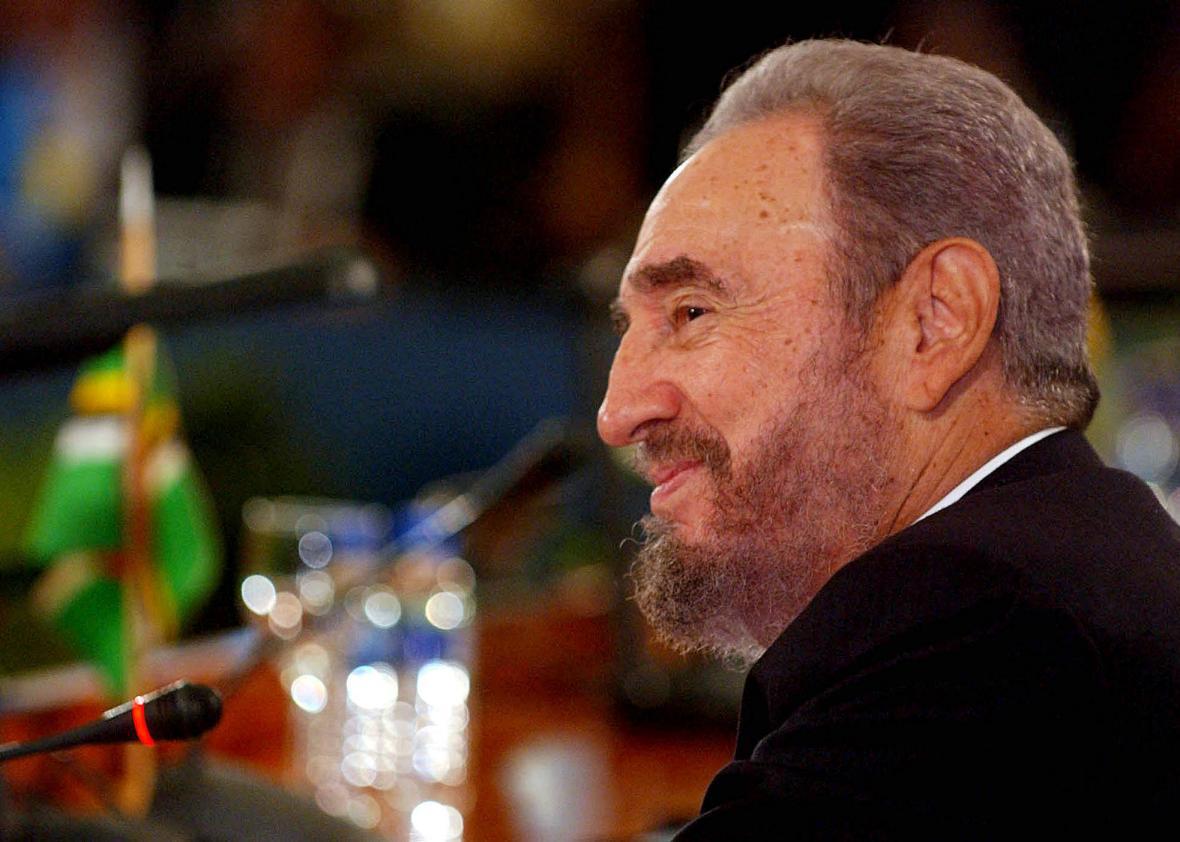President-elect Donald Trump did not mince words when it came to reacting to the death of former Cuban president Fidel Castro, calling him a “brutal dictator” and expressing hope that his death could help the country turn the page.
“Today, the world marks the passing of a brutal dictator who oppressed his own people for nearly six decades. Fidel Castro’s legacy is one of firing squads, theft, unimaginable suffering, poverty and the denial of fundamental human rights,” Trump said in a statement.
“While Cuba remains a totalitarian island, it is my hope that today marks a move away from the horrors endured for too long, and toward a future in which the wonderful Cuban people finally live in the freedom they so richly deserve.”
Earlier, Trump was one of the first major U.S. political figures to comment on the death of former Cuban president Fidel Castro. But his reaction was a four-word tweet that had the feel of a spectator rather than a player who will be leading an administration that will be directly affected by the death of the iconic political leader.
Trump’s Cuba policy remains one of the many question marks regarding his administration. During the primary, Trump seemed open to the idea of maintaining diplomatic relations with Cuba but then took a harder line. “All of the concessions Barack Obama has granted the Castro regime were done through executive order, which means the next president can reverse them, and that I will do unless the Castro regime meets our demands,” Trump said in September. “Not my demands. Our demands.”
During the campaign, Trump criticized the Obama administration for sealing a “very weak agreement” with Cuba. Vice President-elect Mike Pence emphasized this point in the last days of the campaign, writing on Twitter that Trump “will repeal Obama’s Executive Orders on Cuba & continue the embargo until there is real political & religious freedom.” Trump hardened his Cuba statements as he came under scrutiny following a report in Newsweek that he violated the trade embargo in the 1990s.
In contrast, Obama offered his condolences and extended “a hand of friendship to the Cuban people” following Castro’s death.
“We know that this moment fills Cubans—in Cuba and in the United States—with powerful emotions, recalling the countless ways in which Fidel Castro altered the course of individual lives, families, and of the Cuban nation. History will record and judge the enormous impact of this singular figure on the people and world around him,” Obama said in a statement. “Today, we offer condolences to Fidel Castro’s family, and our thoughts and prayers are with the Cuban people. In the days ahead, they will recall the past and also look to the future. As they do, the Cuban people must know that they have a friend and partner in the United States of America.”
This post has been updated with new information since it was first published.
